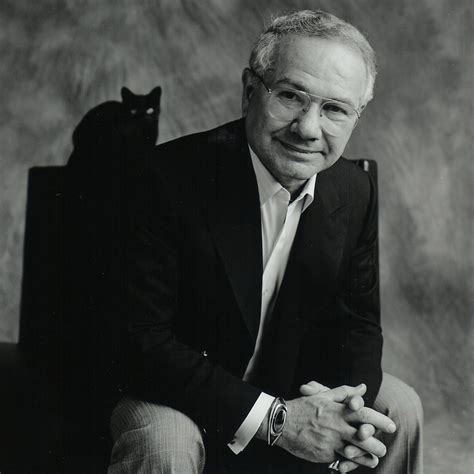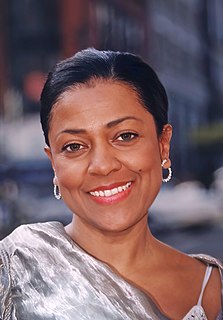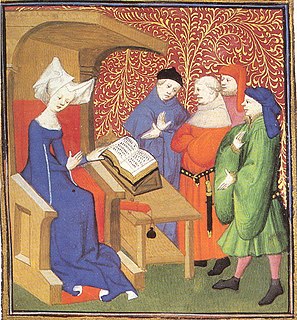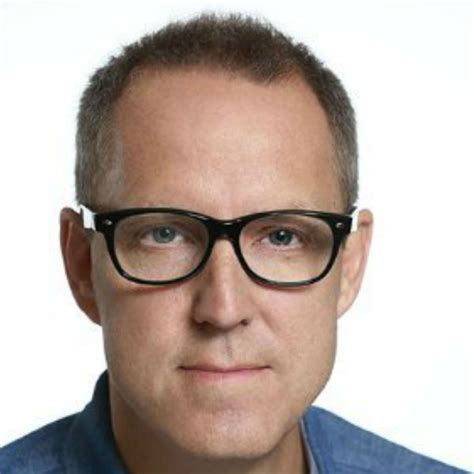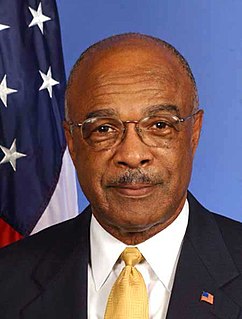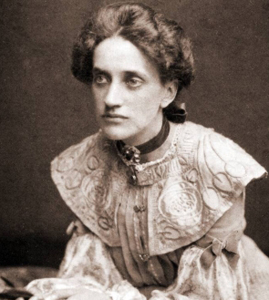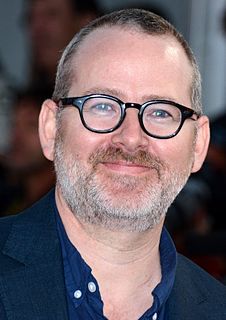A Quote by Elliot W. Eisner
The arts teach students that small differences can have large effects. The arts traffic in subtleties.
Quote Topics
Related Quotes
The arts are not a frill. The arts are a response to our individuality and our nature, and help to shape our identity. What is there that can transcend deep difference and stubborn divisions? The arts. They have a wonderful universality. Art has the potential to unify. It can speak in many languages without a translator. The arts do not discriminate. The arts lift us up.
The rapidly evolving global economy demands a dynamic and creative workforce. The arts and its related businesses are responsible for billions of dollars in cultural exports for this country. It is imperative that we continue to support the arts and arts education both on the national and local levels. The strength of every democracy is measured by its commitment to the arts.
To put it simply, we need to keep the arts in education because they instill in students the habits of mind that last a lifetime: critical analysis skills, the ability to deal with ambiguity and to solve problems, perseverance and a drive for excellence. Moreover, the creative skills children develop through the arts carry them toward new ideas, new experiences, and new challenges, not to mention personal satisfaction. This is the intrinsic value of the arts, and it cannot be overestimated.
I encourage film students who are interested in cinematography to study sculpture, paintings, music, writing and other arts. Filmmaking consists of all the arts combined. Students are always asking me for advice, and I tell them that they have to be enthusiastic, because it's hard work. The only way to enjoy it is to be totally immersed. If you don't get involved on that level, it could be a very miserable job. I only have one regret about my career: I'm sorry that we are not making silent movies any more. That is the purest art form I can imagine.
